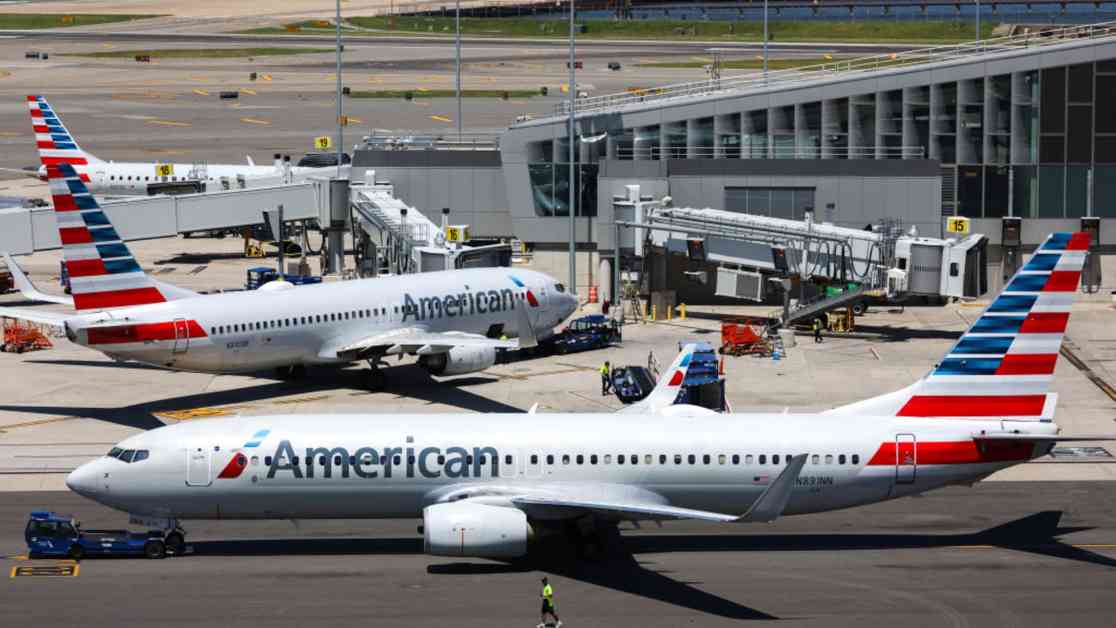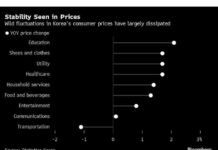American Airlines is currently in discussions to select Citigroup as its exclusive credit card partner, potentially severing ties with Barclays, a partnership that has been in place since American’s acquisition of US Airways in 2013. This move comes as American aims to consolidate its business with a single issuer to enhance the revenue generated from its loyalty program. While talks are ongoing, the timing of a potential agreement remains uncertain and would be subject to regulatory approval.
The negotiations between American Airlines and Citigroup highlight the competitive nature of co-brand deals between banks and major corporations, such as airlines, retailers, and hotel chains. These agreements provide banks with access to a large customer base that spends billions of dollars annually, while the terms of the partnerships can significantly impact the profitability for both parties. In recent years, major brands have been demanding a larger share of revenue from interest and fees, while banks have faced challenges such as rising card losses, regulatory scrutiny, and increased capital costs.
Airlines heavily rely on credit card programs to generate revenue, with partnerships with banks playing a crucial role in their financial stability. During the pandemic, when travel demand plummeted, card programs provided a source of income for airlines as consumers continued to spend and earn miles on their credit cards. The growth in card spending has outpaced passenger revenue for many carriers, underscoring the importance of these partnerships in the industry.
American Airlines, despite having the largest loyalty program, was outperformed by Delta in terms of payments from its credit card partnership with American Express. Delta earned nearly $7 billion from its partnership last year, compared to American’s $5.2 billion. The potential agreement with Citigroup could help American increase its revenue from the loyalty program and enhance the value offered to its customers.
The negotiations between American Airlines and Citigroup may face challenges, including potential objections from U.S. regulators such as the Department of Transportation. Regulatory hurdles could delay or even prevent the finalization of a contract, leaving the current partnership with Barclays intact. If the deal with Citigroup goes through, it would mark the end of a unique partnership arrangement in the credit card industry, where most brands typically work with a single issuer.
Citigroup’s strong position in the negotiations can be attributed to its profitable relationship with American Airlines, as its customers tend to spend more and have lower default rates compared to Barclays customers. Under the leadership of CEO Jane Fraser, Citigroup has been focusing on expanding its partnerships with major corporations to drive growth and profitability in its card business. A potential renewal contract with American Airlines is expected to be seven to ten years in length, allowing Citigroup to recoup its investments and capitalize on the partnership in the long run.
On the other hand, Barclays has indicated its intention to diversify its co-branded card portfolio away from airlines by pursuing partnerships with retailers and tech companies. This strategic shift reflects Barclays’ efforts to adapt to changing market dynamics and explore new opportunities beyond the airline industry. While the outcome of the negotiations remains uncertain, both Citigroup and Barclays are actively working to enhance their offerings and drive growth in their respective businesses.
In conclusion, the potential partnership between American Airlines and Citigroup represents a significant development in the credit card industry, underscoring the importance of strategic alliances in driving revenue and customer loyalty. As negotiations continue, both parties are focused on maximizing the value of their partnership and delivering enhanced benefits to their customers. The outcome of these discussions will not only impact the financial performance of American Airlines but also shape the competitive landscape of the credit card market.






















